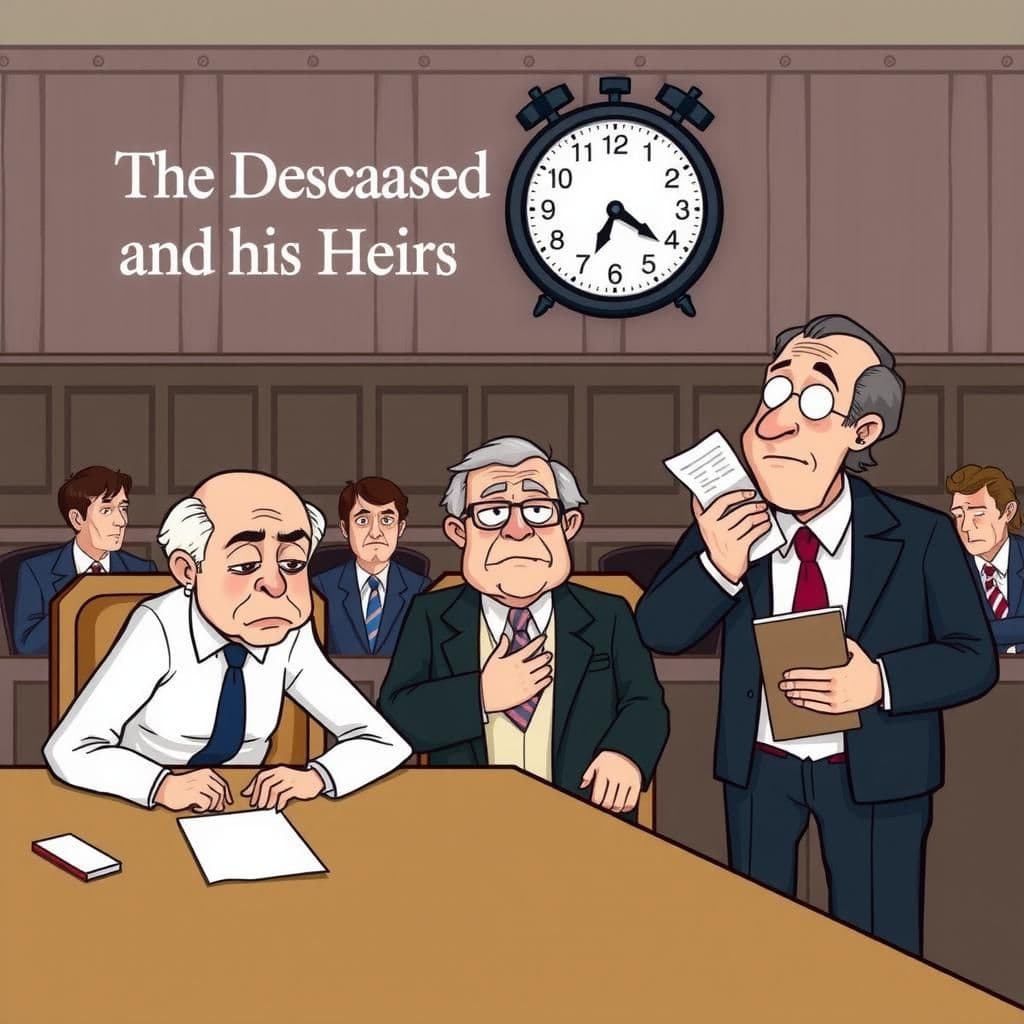The Deceased and his Heirs
A man dies, leaving a vast estate that sparks lengthy litigation among sorrowful relatives. After years of fighting, only one heir emerges victorious, only to discover from his attorney that there is nothing left to appraise, revealing the futility of the process and the attorney's self-serving motives. This quick moral story illustrates the often-overlooked truth about value-based moral stories: that the pursuit of wealth can lead to disillusionment when true value lies elsewhere.

Reveal Moral
"The story illustrates that engaging in litigation may benefit lawyers financially, but it often fails to serve the interests of the clients involved."
You May Also Like

The Crow and the Serpent
In "The Crow and the Serpent," a timeless moral story, a hungry crow mistakenly believes he has found a fortunate meal in a sleeping serpent. However, the serpent's fatal bite leads to the crow's demise, teaching a valuable lesson about the dangers of greed and misjudgment. This meaningful tale serves as a reminder that what appears to be a lucky opportunity can sometimes be a source of destruction in real-life stories with moral significance.

The Dog Who Lost His Prey for a Shadow
In Aesop's classic moral story, "The Dog Who Lost His Prey for a Shadow," a dog foolishly drops its actual prey to chase after its reflection in the water, nearly drowning in the process. This entertaining tale serves as a cautionary lesson on the dangers of greed and the deception of appearances, making it a standout in short story collections with moral lessons for young readers. Aesop's fables remain among the top 10 moral stories, highlighting timeless truths about human nature.

The Man and His Two Wives
In this very short moral story, a middle-aged man with two wives—one young and one old—struggles to satisfy their conflicting desires regarding his appearance. The young wife removes his grey hairs to make him look younger, while the elder wife plucks out the black ones to avoid resembling his mother. Ultimately, his efforts to please both lead to his complete baldness, illustrating the lesson that trying to satisfy everyone can result in losing everything—a heartwarming tale with a clear moral.